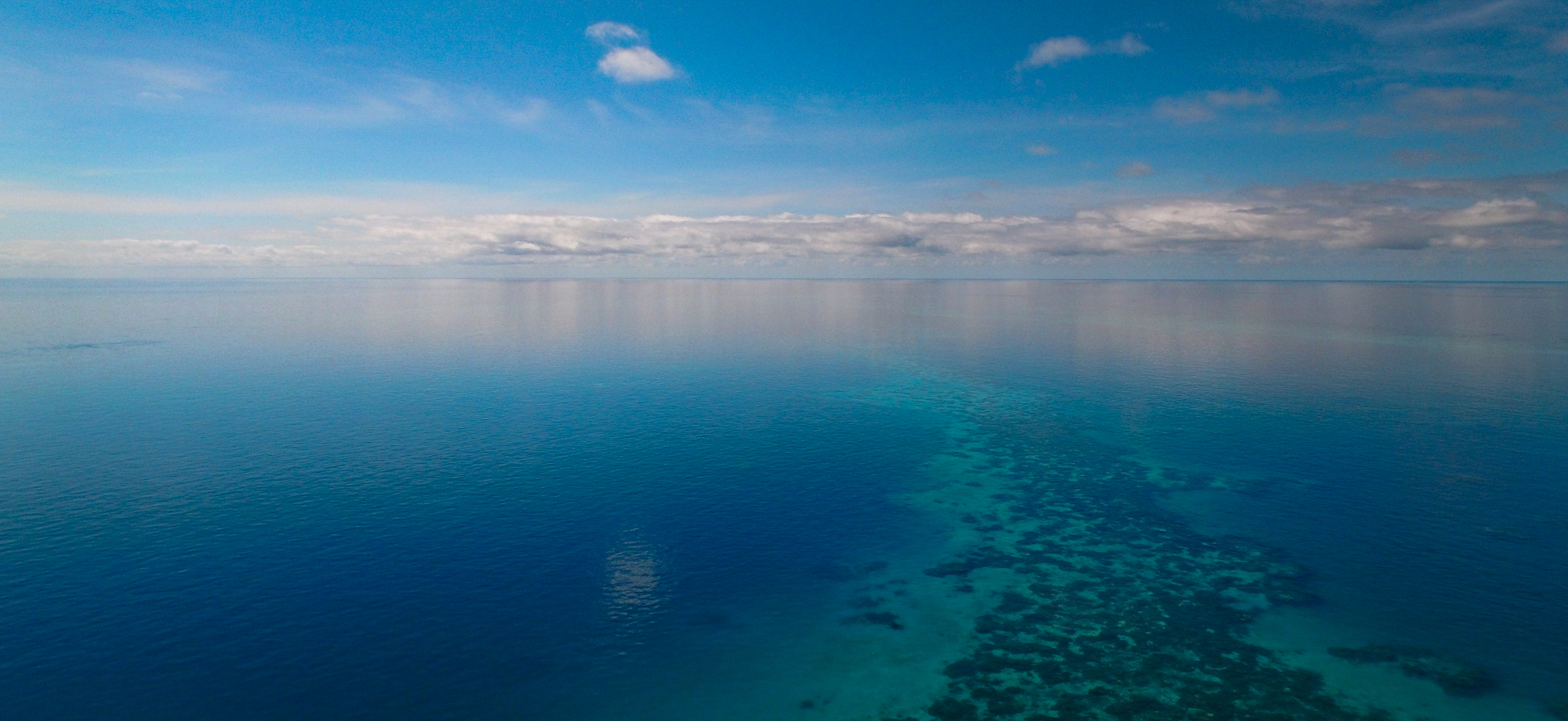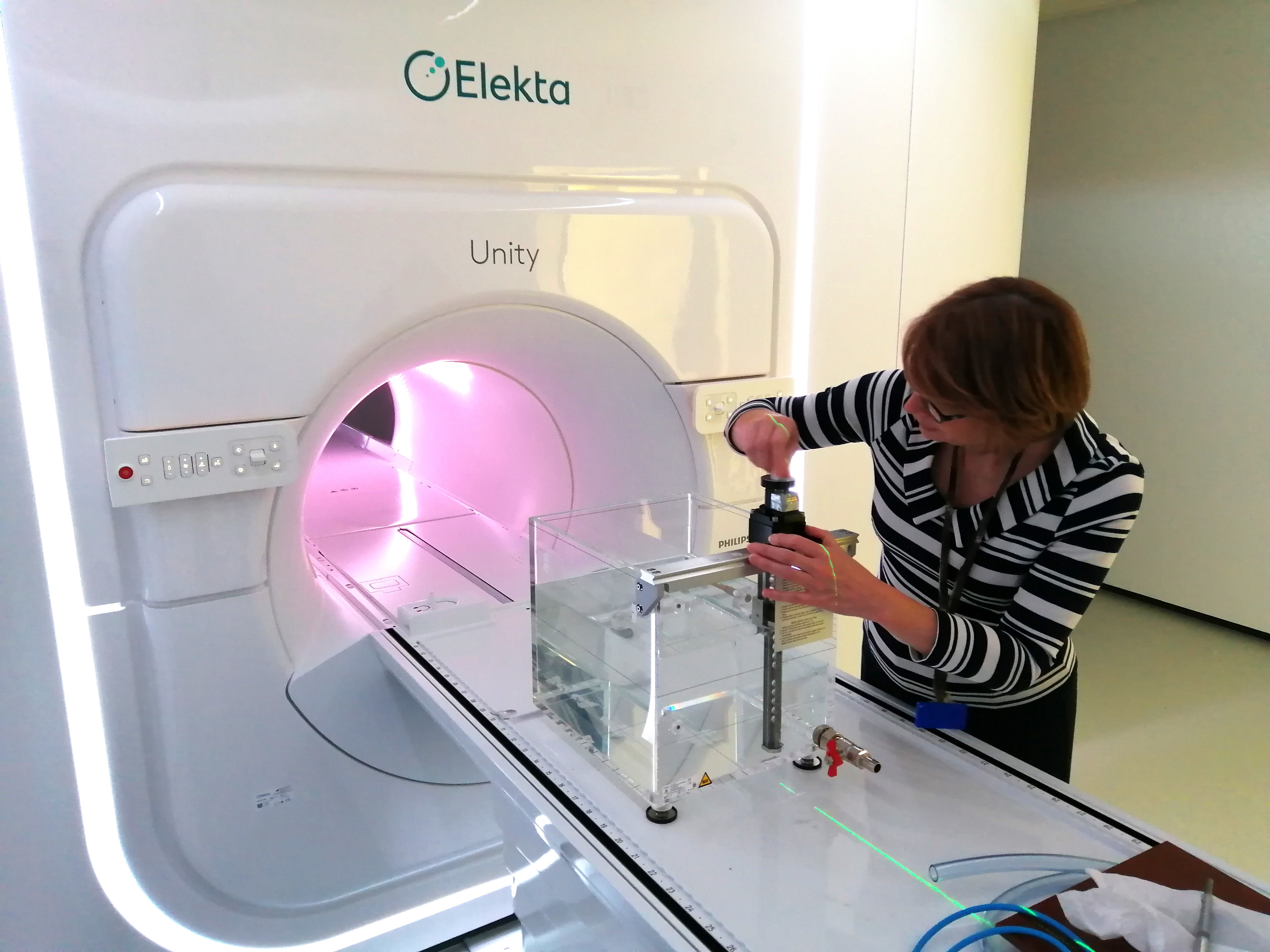FRAN KELLY:
Chinese embassy here in Australia says it’s not happy with the way the Australian Government introduced the coronavirus travel ban, denying entry to all foreign travellers from mainland China. Diplomats say travellers weren’t given enough warning of the ban, with many already in the air when the border closure came into effect on 1 February. That measure saw about 70 Chinese students detained at Australian airports last Sunday and their visas cancelled.
[Excerpt]
WANG XINING:
We are not happy about the situation because they were not alerted. There’s not enough time to be alerted about the restriction. As far as I know, most of them are finally cleared but there are still a number of people who are still stranded in Brisbane and a few of them were actually already sent back to China, for which we are not very- we are not pleased about what happened because they were not alerted about the restrictions.
[End of excerpt]
FRAN KELLY:
That’s the Deputy Head of Mission at the Chinese embassy here in Australia, Wang Xining, speaking yesterday. The Australian Border Force is responsible for implementing the travel ban, outlined by the Prime Minister. Michael Outram is the Commissioner of Australian Border Force and he joins me in the Parliament House studios. Commissioner, welcome to RN Breakfast.
COMMISSIONER OUTRAM:
Good morning Fran.
FRAN KELLY:
You heard there from the Deputy Head of Mission of the Chinese embassy. The embassy had not received a warning about the travel restrictions and not happy about that. How did that happen, that we didn’t even warn the embassy here what we were doing?
COMMISSIONER OUTRAM
Well my understanding is that the Department of Foreign Affairs and Trade did warn the embassy and also in Beijing. From the Border Force point of view, we of course engaged with airlines and from 6:30PM on Saturday night, in fact, we started speaking with airlines who fly to Australia from around the world, including China. And at 9:30PM on Saturday night we sent out a written formal direction that really made clear the Prime Minister’s announcement at about 5PM on Saturday afternoon. So in sequence, the Prime Minister made a very public announcement, we engaged with airlines for two or three hours about the implementation of that announcement on Saturday night and then we communicated formally to airlines at 9:30 on Saturday night.
FRAN KELLY:
And yet some people only found out on arrival that their visas had been cancelled. So, was that- did that mean that the- by the time you alerted the airlines, there was already people on their way here?
COMMISSIONER OUTRAM:
So yeah, that’s exactly right and so we were prepared for a situation where some travellers would have been caught in that initial period where they may not have had a chance or the airlines may not have had a chance to actually offload passengers in overseas destinations. So in Sydney and Brisbane on Sunday, about 80 passengers were caught up in that situation from different airports around, not just from China but from other regional airports, for example from Seoul in Korea. Of the 80 passengers that were caught up, 47 of those were students and what I can tell you is that 61 of those 80 are now in Australia. They’ve been given new visas and they’re now able to get on with their business. 18 people decided to go back to China and four of those were students and we have one person who we’re keeping in a serviced apartment who will probably be returned to China over the next few hours.
FRAN KELLY:
Okay, so 61 of the 80 are here in Australia still. I’ll come back to that. 18 were sent back and yet there- and you say Border Force was prepared for this, and yet there was an outcry over how they were treated. Yesterday we spoke with Catriona Jackson, head of Universities Australia. Let’s have a listen.
[Excerpt]
CATRIONA JACKSON:
It seems that some were detained for an unreasonable number of hours. It seems that some were told their visa was cancelled and they would have to reapply. There’s a very awkward situation when Chinese citizens arrive here and they’re to go back. We need to do that in the most compassionate, most kind way we can. These people are distressed. They’re coming from a country that has really- a really serious epidemic on its hands.
[End of excerpt]
FRAN KELLY:
That’s Catriona Jackson from Universities Australia speaking to us yesterday. Was Border Force overly heavy handed in dealing with those people who came here in good faith?
COMMISSIONER OUTRAM:
Absolutely not. My officers on the ground acted absolutely professionally and diligently. This was a very difficult situation for the students, of course we recognise that. They were caught between, you know, an epidemic in China and coming to Australia and having issues raised with their visas. Our processes are- we operate according to the Migration Act. And yes, some visas were cancelled and then those visas were renewed. And the conditions in which people were kept – let me say this, people were provided with food and drink at the airports and we didn’t imprison people. We took people to hotel and serviced apartment accommodation, very comfortable accommodation, to keep them there. We didn’t put them into our detention centres. So we were, we were very conscious of the situation these people were in and at the same time of course we have to make sure that the intent of the government’s decision is implemented at our borders. So we do act with compassion…
FRAN KELLY:
Well, just that that description does not match what some of the students who were detained have told Universities Australia. They said they were detained for hours, they didn’t know what was going on, they were told their visas were cancelled. They didn’t tell- they weren’t told they were going to be renewed with no cost or no ease, and they weren’t told for some time that they were going to be allowed to stay. So do you accept that it wasn’t as smooth as your painting? I mean Universities Australia are demanding an apology from Border Force. Will you do that?
COMMISSIONER OUTRAM:
Well I don’t, I don’t accept that at all, Fran. When you think about how quickly we implemented this measure over a matter of hours from a situation where people were traveling freely from China, to one where there were significant restrictions. There were always going to be a small number of people who were captured in that initial sort of period. And the government allowed me to exercise discretion. And so when people arrived, for example, the flight had taken off an hour after the decision…
FRAN KELLY:
Yeah.
COMMISSIONER OUTRAM:
…was announced. Then we put in place, immediately, measures to renew their visas. So, those people were kept informed to what going on. I accept the people’s travel was disrupted, I accept that some people had to be detained under the Migration Act in accommodation as I’ve described. I accept all of those things. But I don’t accept that people were treated inappropriately. I don’t accept that my officers acted inappropriately. It’s a very unfortunate situation for everybody. This is a difficult situation, in many ways unprecedented. So no, I’m proud, I’m proud of the fact that the way we responded to it, because when you think about the many thousands of travellers who actually came through – and of course there’s a lot of people in China who decided not to travel to Australia.
FRAN KELLY:
Sure, but-
COMMISSIONER OUTRAM:
So the way we did this actually had the impact that we intended.
FRAN KELLY:
So what happens to those 61 who were allowed to stay? Are they now in any kind of two-week quarantine? Or are they- what happens to them? Do we know where they are?
COMMISSIONER OUTRAM:
Yeah. So, all of those people have been engaged with state and territory health, you know, experts and also of course Department of Health and Department of Agriculture biosecurity experts. So, state and territory health will now monitor where they are. They’ll be in self isolation for 14 days and then they can get on and get about their studies or about their works. They won’t all be, all students by the way, some had working visas.
FRANK KELLY:
You’re listening to RN Breakfast. Our guest is Michael Outram, the Commissioner of Australian Border Force. Medical teams on Christmas Island are preparing for the arrival of more evacuees. Some have flown, will be flown from New Zealand to Christmas Island – that’s a long, long journey, many thousands of kilometres and expensive I’d imagine. Why can’t they just spend that two weeks of quarantine in New Zealand?
COMMISSIONER OUTRAM:
Well, we’re bringing them back to Australia, I think, at the request of the New Zealand authorities, Fran. I think New Zealand have got some capacity issues with their quarantine facilities over there. So given that these Australians were in Hubei province of course, we’re going to apply exactly the same measures that we did for the other passengers that came back on the Qantas flight. And so we’ll now make arrangements, well we actually have made arrangements, for those passengers to be brought back across Australia and we’ll put them into Christmas Island.
FRAN KELLY:
And on Christmas Island there’s a lot of people are already expressing, well, unhappiness with the state of the conditions but also worried about shared spaces and the risk of infected people spreading the virus. What measures are in place there to ensure people’s safety?
COMMISSIONER OUTRAM:
Yeah. I’ve read those reports overnight, Fran, and of course we will deal with those particular Australians in relation to their expectations, and where we can we will meet those expectations. But it is a fairly austere facility compared to where they would have come from in hotels, and homes and so on, and so forth. In terms of the infection issue – so, the Department of Health, and of course Professor Murphy and his team, they provided a really detailed infection control plan. We have world class teams on the ground, the AUSMAT experts and others. And so the arrangements on the ground at the Christmas Island facility are being managed by the Department of Health. And that infection control plan has been implemented across the board. And there are a whole series of protocols to ensure infection doesn’t spread.
FRAN KELLY:
Okay.
COMMISSIONER OUTRAM:
And of course, the workers and contractors at the site themselves, that they don’t actually get infection too.
FRAN KELLY:
And, we’re almost at the News, but the Biloela family too, are those provisions around them?
COMMISSIONER OUTRAM:
Well, they’re 15 kilometres away from North West Point. So, clearly we’re not going allow the Biloela family and children come into contact with people who are in quarantine.
FRAN KELLY:
Michael Outram, thank you very much for joining us.
COMMISSIONER OUTRAM:
Thank you, Fran. Thank you very much.
FRAN KELLY:
Michael Outram is the Commissioner of Australian Border Force.







